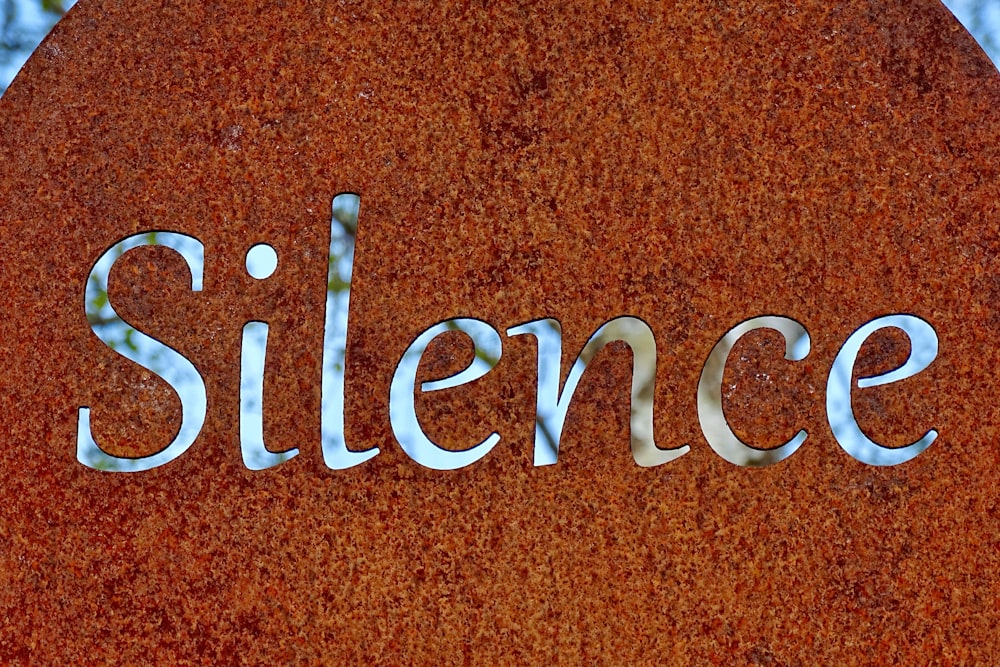At some point in your spiritual journey, you find yourself walking through the painful experience of the silence of God. It can be for many reasons, but it can be hurtful and disillusioning when it happens.
In Psalm 13, David gives voice to what many of us experience:
How long, Lord? Will you forget me forever?
How long will you hide your face from me?
2 How long will I store up anxious concerns[a] within me,
agony in my mind every day?
How long will my enemy dominate me?
3 Consider me and answer, Lord my God.
Restore brightness to my eyes;
otherwise, I will sleep in death.
4 My enemy will say, “I have triumphed over him,”
and my foes will rejoice because I am shaken.
5 But I have trusted in your faithful love;
my heart will rejoice in your deliverance.
6 I will sing to the Lord
because he has treated me generously.
How do you get to the place David did in Psalm 13 and respond to the silence of God?
Philip Yancey, in his book Prayer: Does it Make Any Difference? gives some helpful steps on how to handle the silence of God or what seems like unanswered prayer:
Do I have any sins to confess? So many times, our distance from God is because of unconfessed sin. When we struggle to move forward in relationships, when we struggle to hear God, to find freedom in our lives, it is our sin we are carrying around. We haven’t let go of the bitterness, people we still blame, situations we replay in our minds, and secrets we keep hidden.
What are my motives for prayer? Many times we pray to get something, to become rich, to have an easier life. We want God on our terms, and when this happens, we miss God. This is why God feels distant, we aren’t looking for God; we are looking for a version of God we’ve created.
In this, are you listening to God or just talking to God? Our prayer life is often one way, me just telling God what I want, what I need, what he can do. I’m not asking him questions; I’m not listening to him.
Another one is I’ll have people say, “I asked God about ______ “(and in the blank is always something God has already told us the answer to in the Bible), but he didn’t answer. Of course not; he’s already given you an answer. Why does he need to tell you again?
Am I pursuing results rather than closeness with God? I said earlier that the writers of Scripture spend little time answering why suffering happens and more time on what suffering, pain, and silence produce in us. It produces perseverance, character, patience, hope, joy, and so on.
We experience God and grow close to him while we wait. If God answered everything right away when we asked, what kind of faith and trust would we need?
I would say we get closer the longer we are waiting, not always.
Is God preparing me for something? Often God is using our spiritual dryness for something in the future. I read once that a vintner refuses to irrigate his vines because the stress caused by occasional drought produces the best, most tasty grapes. Seasons of dryness make the roots run deep, strengthening the vine for whatever the future holds.
Just like the example of a vintner, the best wine takes time. It waits.
I’ve seen many times in my life that God hasn’t answered my prayers because I am not ready.
Pray with others. This is the power of community groups, praying together, and sharing evidence of God’s grace. When you sit with your group and share how you have seen God work in your life. When you can’t think of any, but the person next to you shares several, yes, you will at first get mad. Why isn’t God moving in my life like he is in yours? Why isn’t God answering my prayers? But you will also start to see, even when you can’t see God at work in your life, he is at work.
Not only that, sometimes you need someone else to have faith for you; sometimes you need someone else to pray for you because you can’t muster the words.







